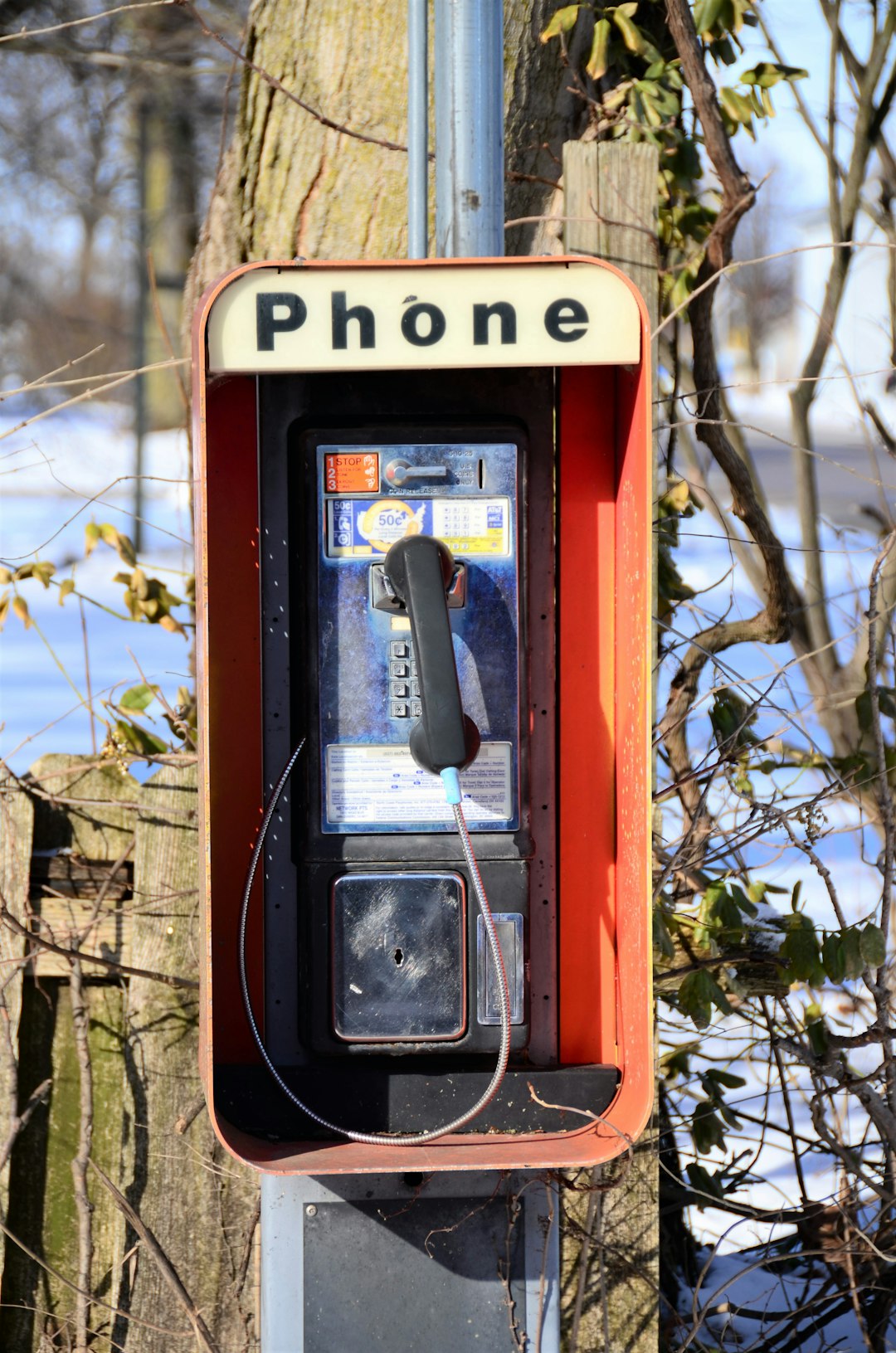In Maine, Spam Call law firm Maine protects consumers from aggressive debt collection practices by regulating communication methods and consumer rights. Debt collectors must obtain prior consent for phone contact, respect privacy, provide clear information about debts, and avoid abusive language. Debtors can safeguard their rights by requesting validation of debts, disputing inaccurate claims, and controlling communication preferences. Both parties should understand these laws to maintain an ethical debt recovery process.
In Maine, debt collection agencies operate within strict rules designed to protect consumers from harassing practices. Understanding the state’s spam call laws is crucial for both debtors and creditors. This comprehensive guide explores the regulations governing debt collectors in Maine, shedding light on your rights as a debtor. Learn how to navigate these processes effectively and avoid legal pitfalls associated with debt collection, including strategies to mitigate unwanted spam calls from law firms in Maine.
Understanding Maine's Spam Call Laws: Protecting Consumers from Harassing Debt Collection Practices

In Maine, the Spam Call Laws are designed to protect consumers from intrusive and harassing debt collection practices. These laws govern how debt collection agencies can communicate with individuals regarding outstanding debts, ensuring that their methods are fair and respectful. Under Maine’s regulations, debt collectors must obtain prior consent before contacting a consumer by phone, except in specific circumstances such as when the debt is confirmed or the collector is attempting to validate the debt.
Violation of these Spam Call Laws can result in significant penalties for debt collection agencies. Consumers who feel their rights have been infringed upon can take legal action against the agency, seeking damages and relief. It’s crucial for both consumers and debt collection firms to familiarize themselves with these laws to maintain a balanced and ethical debt recovery process. This ensures that Maine residents are protected from excessive or inappropriate communication attempts related to their debts.
Rules and Regulations for Debt Collection Agencies in Maine: A Comprehensive Overview

In Maine, debt collection agencies operate within a structured legal framework designed to protect consumers from aggressive or unfair practices. The state has implemented comprehensive rules and regulations under the Spam Call law firm Maine to ensure ethical debt collection. These guidelines cover various aspects, including collection methods, communication standards, and consumer rights.
Debt collectors in Maine must adhere to strict do-not-call rules, respect consumer privacy, and provide clear, concise information about the debt they are attempting to collect. They are prohibited from using abusive, threatening, or harassing language. Additionally, agencies must obtain valid debts before contacting consumers and accurately verify the debt’s details upon request. These regulations aim to uphold fairness and transparency in the debt collection process, ensuring that Maine residents’ rights are protected while facilitating responsible debt management.
Your Rights as a Debtor: Navigating Debt Collection in Maine and Avoiding Legal Pitfalls

As a debtor in Maine, you have rights and protections against unfair or abusive debt collection practices. The state has specific laws in place to ensure debt collectors adhere to ethical standards, including the Maine Spam Call law, which prohibits harassing or false phone calls related to debt collection. Understanding your rights is crucial when dealing with debt collectors to avoid legal pitfalls.
When faced with debt collection efforts, you can take steps to protect yourself. These include requesting validation of the debt, which means the collector must provide proof and details about the amount owed. You have the right to dispute the debt if it’s inaccurate or questionable. Additionally, Maine law limits the number of times a collector can contact you, and they must respect your preferences for communication, such as not calling certain phone numbers at specific times. Being informed and assertive can help ensure that debt collection activities are conducted fairly and legally in Maine.






